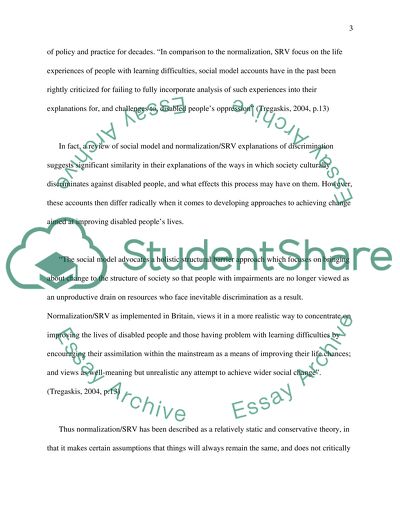Cite this document
(“Normalisation and Social Role Valorisation Theories Assignment”, n.d.)
Normalisation and Social Role Valorisation Theories Assignment. Retrieved from https://studentshare.org/sociology/1515085-normalisation-and-social-role-valorisation-theories
Normalisation and Social Role Valorisation Theories Assignment. Retrieved from https://studentshare.org/sociology/1515085-normalisation-and-social-role-valorisation-theories
(Normalisation and Social Role Valorisation Theories Assignment)
Normalisation and Social Role Valorisation Theories Assignment. https://studentshare.org/sociology/1515085-normalisation-and-social-role-valorisation-theories.
Normalisation and Social Role Valorisation Theories Assignment. https://studentshare.org/sociology/1515085-normalisation-and-social-role-valorisation-theories.
“Normalisation and Social Role Valorisation Theories Assignment”, n.d. https://studentshare.org/sociology/1515085-normalisation-and-social-role-valorisation-theories.


